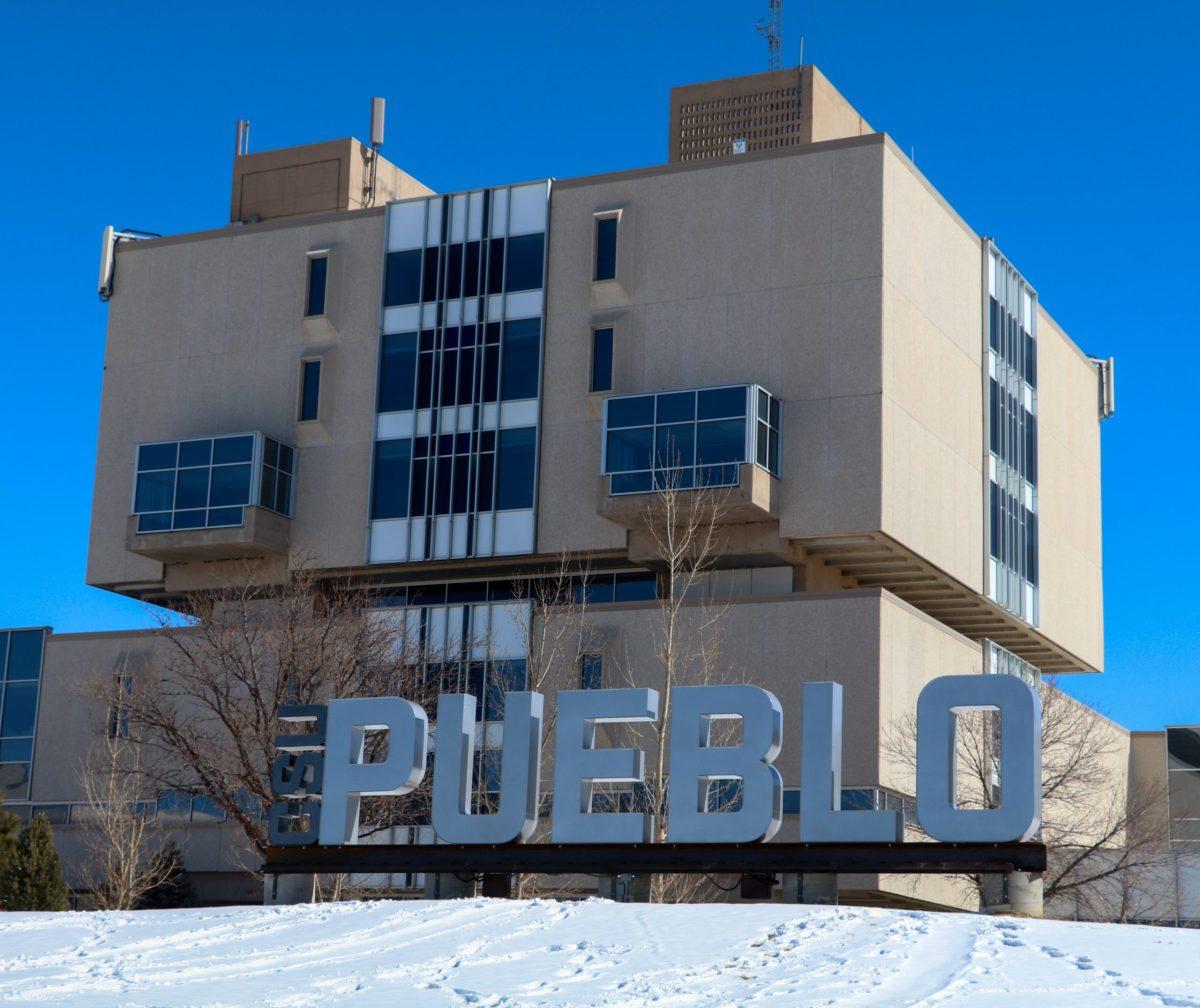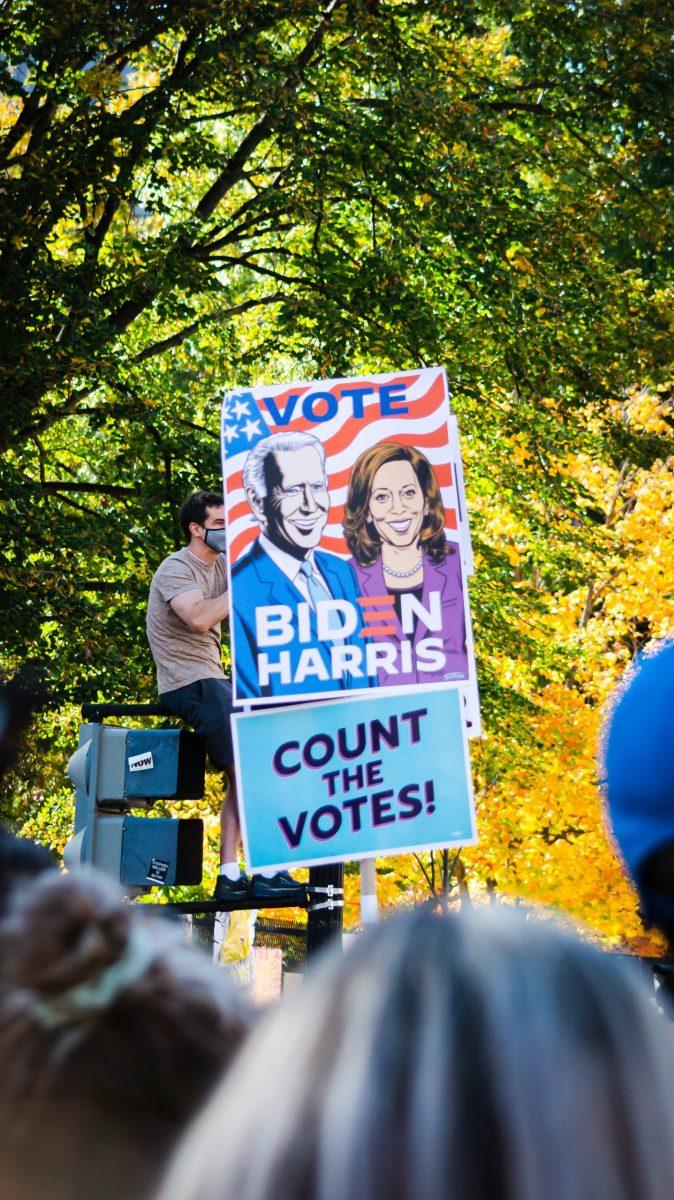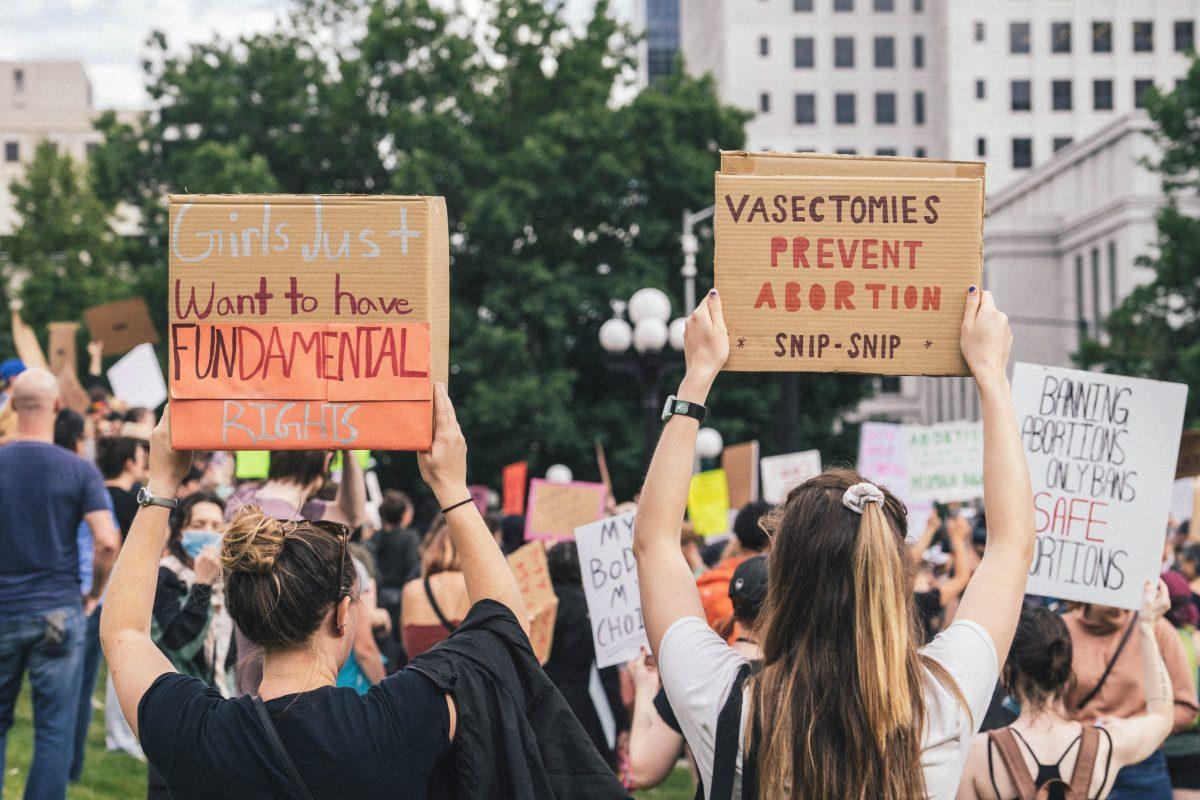
Staff at the Diversity Resource Center hosted a “light/dark” documentary viewing in the Diversity Resource Center room in the Occhiato University Center on Feb. 12, 2015.
The hosts of the program welcomed all students with refreshments, educational videos about racism and insightful discussions afterword.
The videos featured in the viewing focused on the struggles minorities face when it comes to what society views as pretty and, ultimately, who we should believe when it all comes down to what defines a person.
The documentary program touched on the implications of stereotypes based on skin tones within minority groups around the world. The videos that were shown provided information about how many different aspects of racism have expanded.
“It’s not a black or a white thing,” said CSU-Pueblo student Fredlina Atencio. “Everybody feels a certain way and struggles with their perception of beauty.”
A major theme in the documentary was that self-perception is warped. Victims of racism in the videos spoke about their experiences. They said they were led to believe by society that being white was pretty, and that being black was negative.
Many young black women featured in the documentary said they used skin-whitening cream to make their complexion lighter so they could fit into the social norms of being white. They said the most harmful aspect of this is in the way society perpetuates it.
Young black girls that were interviewed in the video were asked why they didn’t think they were pretty. One girl replied, “Because I’m not white.” Other ethnicities also said they were similarly affected by this sense of racism.
The viewing also followed the idea that society twisted women’s views so that they are not happy with themselves, no matter what they look like. According to the video “Light-Skinned Women on Feeling They’re Not Black Enough,” many mixed women were led to believe by society that they don’t belong anywhere.
The documentary encourages men and women to believe that skin color is not what defines a human. When a girl from the video said, “Pretty is as pretty does,” she enforced the idea that it is not the way a person looks that defines them, but it is what the person does. Character defines a person, she said.
According to the video, “Light Girls: How to begin the Healing Process,” the healing process starts at home and by healing oneself.
“It’s not just a problem with the black community, it’s a problem around the world. It doesn’t matter who you look like. We are just people on the inside,” said CSU- Pueblo senior Jibrail Dibble.
Students who attended this event said they learned a lot from it.
“It makes me feel better about this issue because it’s something everyone can relate to,” said CSU-Pueblo senior Freddy Correamanrique.
The Diversity Resource Center will be hosting more events like this throughout February to educate students about Black History Month.









